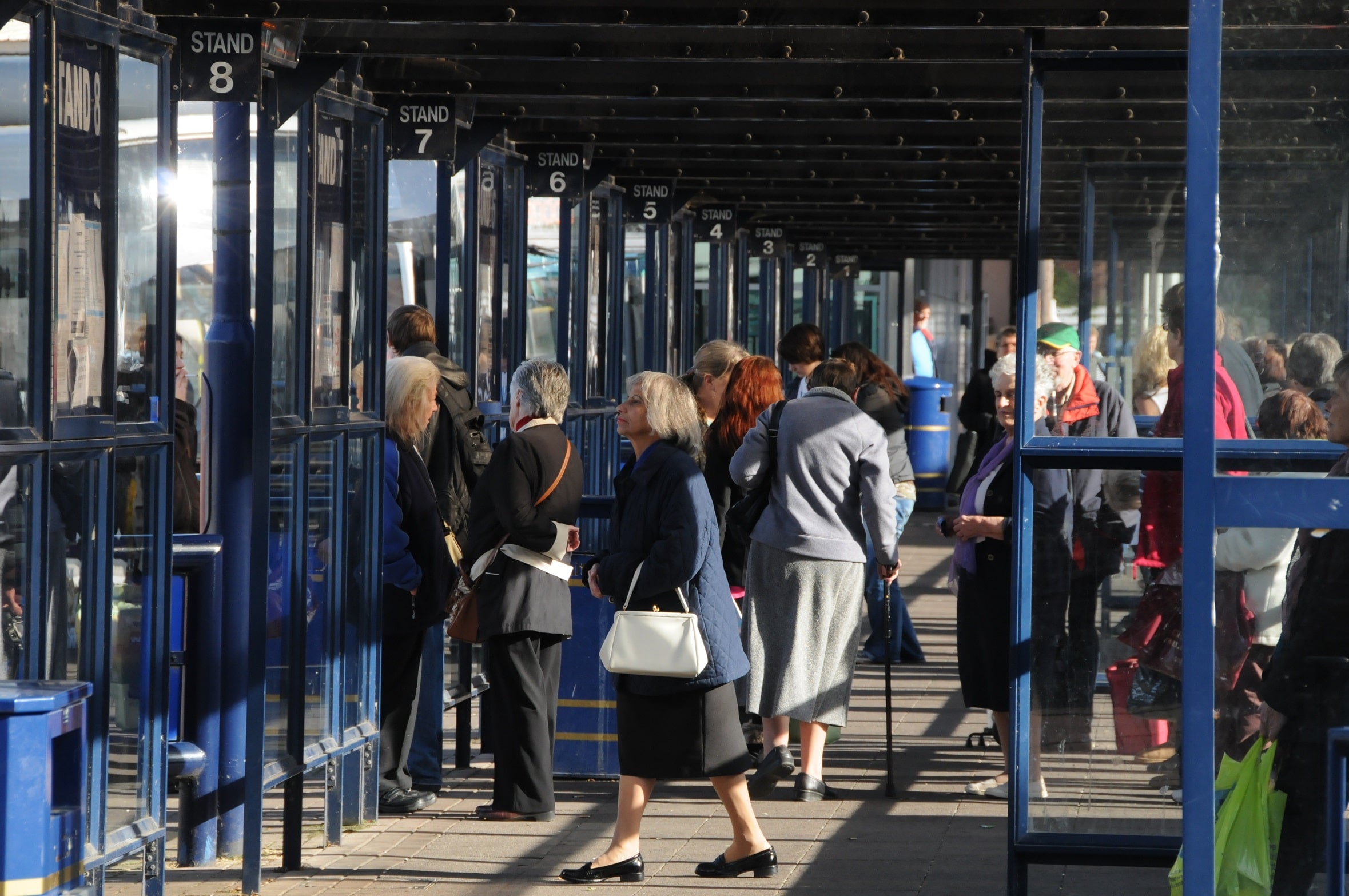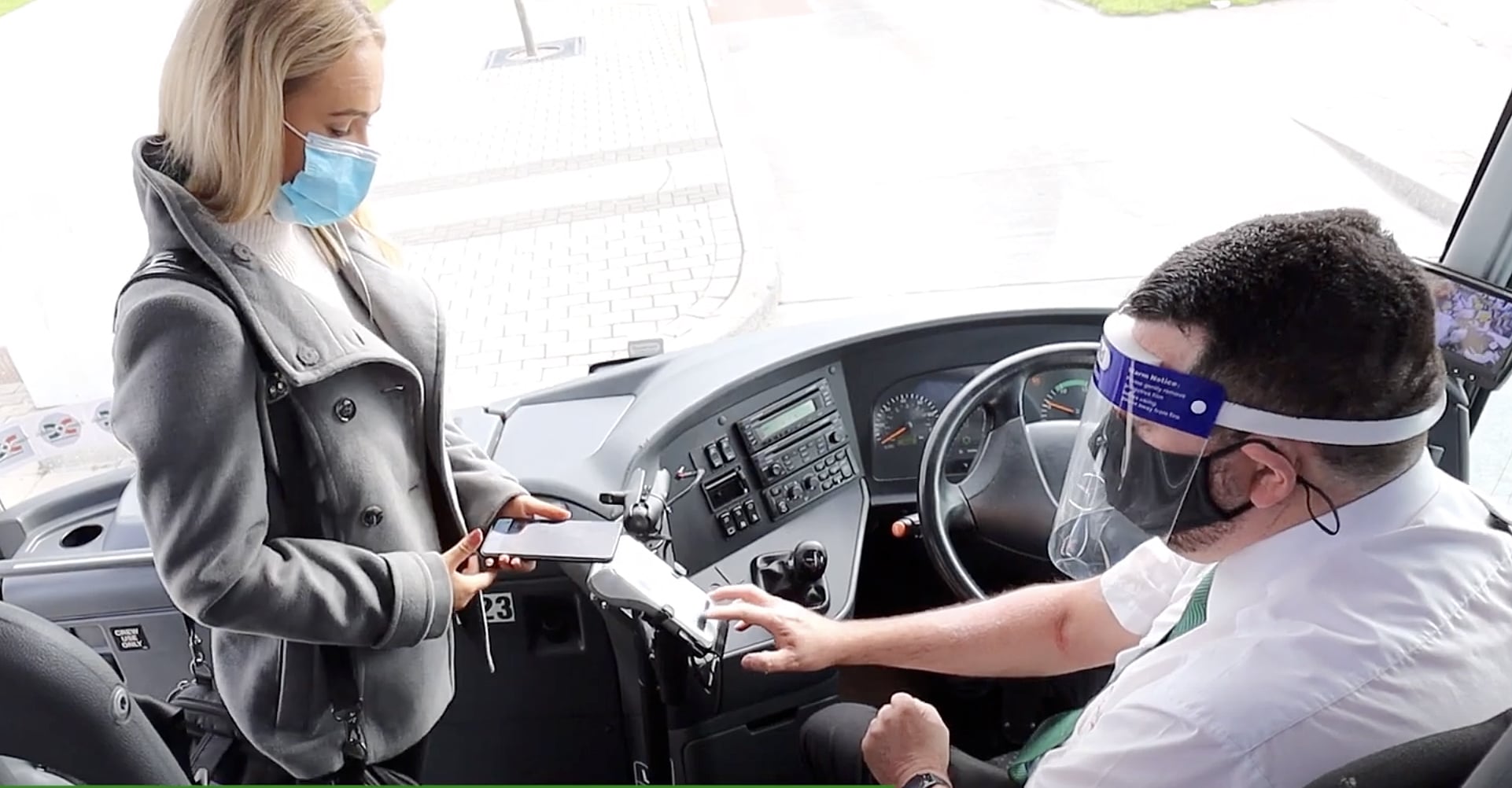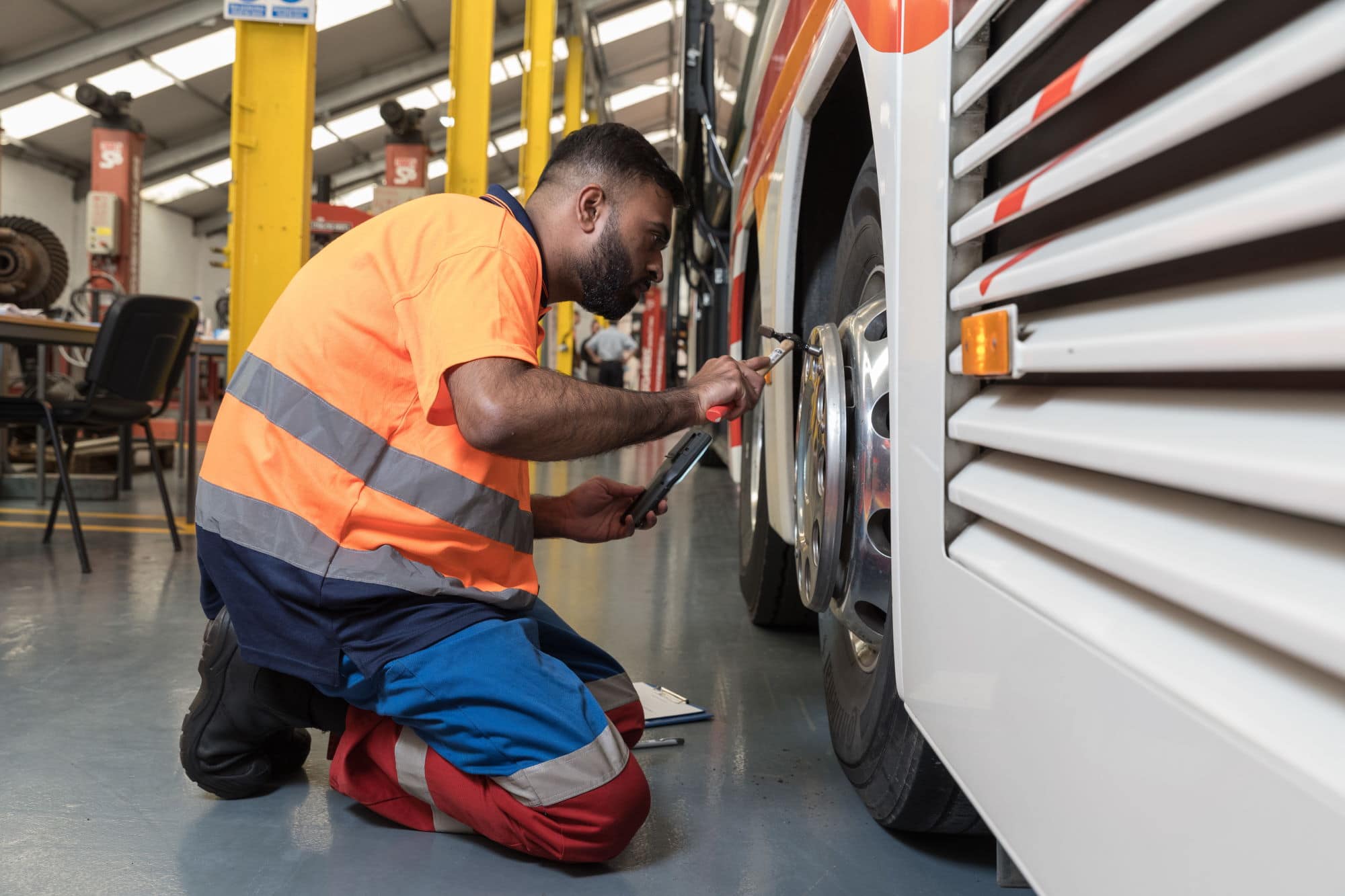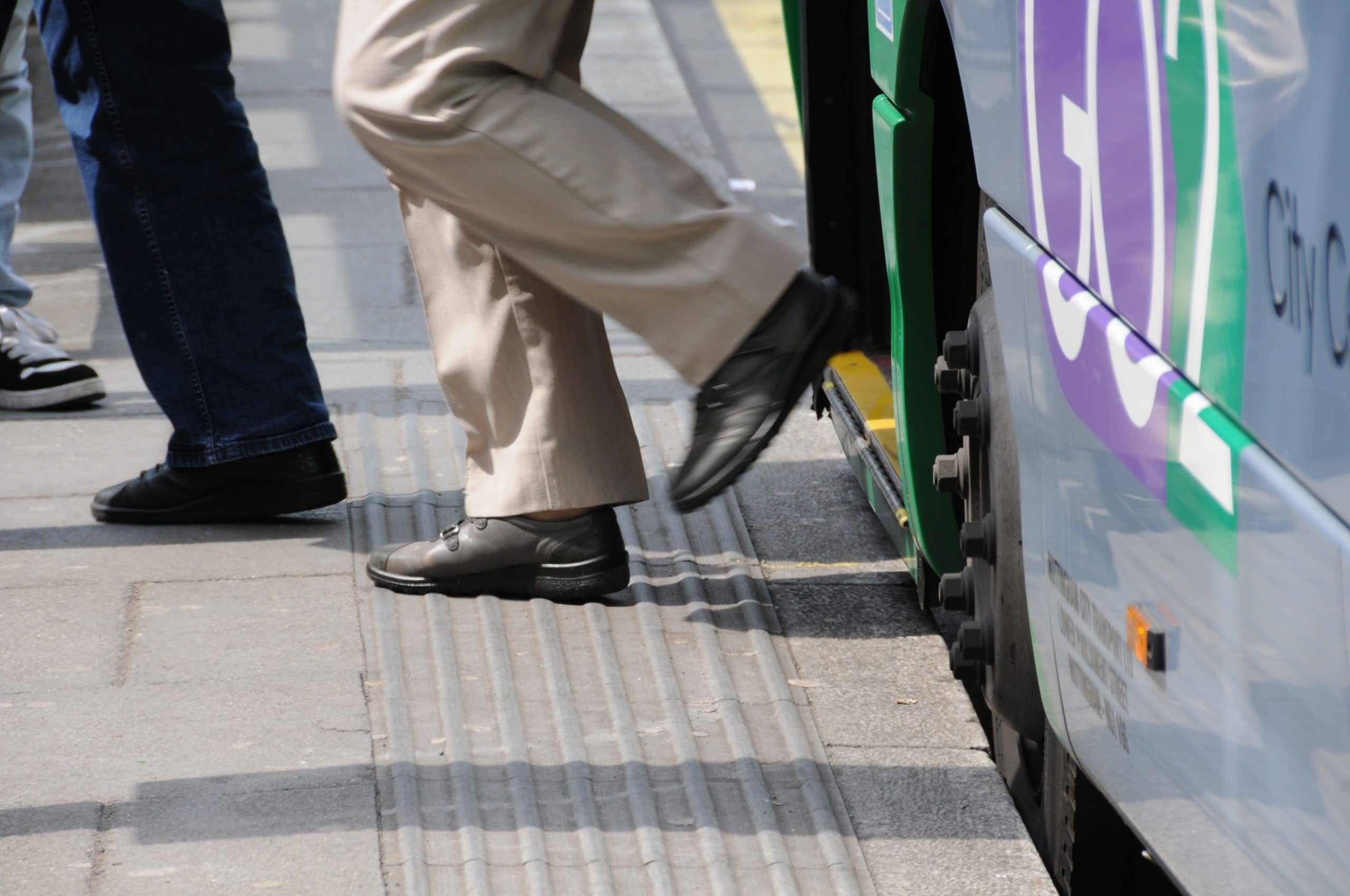The Urban Transport Group (UTG), which represents the UK’s city region transport authorities, has criticised a subset of operators in England for what it says is their “gaming” of the concessionary reimbursement appeals system. UTG adds that the practice has become “a particular cause of frustration” for local transport authorities (LTAs) during the COVID-19 pandemic.
Such exercises form part of a list of practices by operators that UTG alleges have occurred during the pandemic and which it is unhappy about. They are detailed in the Group’s recently published report, Back the Bus to Level Up: The case for bus revenue funding and reform of how it is provided.
In it, UTG is critical of how revenue support for bus services in England has been delivered. The Group claims that those arrangements during the pandemic have provided inadequate protection to passengers “because leverage over operators… is split between national and local government.”
‘Speculative’ concessionary reimbursement appeals draw UTG ire
UTG’s criticisms of operators’ actions during the pandemic include inadequate consultation with LTAs about frequency reductions; bus services continuing to run in competition with light rail; the withdrawal of funding support for integrated ticket products; and a lack of inter-available ticketing between operators or modes.
On operators that UTG claims have engaged in “gaming” the concessionary reimbursement appeals system, it says that those businesses commenced appeals, or made threats of speculative appeals, “to create leverage or secure a further means of achieving internal revenue targets.”
Appeals may legitimately be made by an operator when a dispute exists between it and a travel concession authority over reimbursement arrangements. During the pandemic, LTAs in England were asked by the government to maintain those payments at previous levels, although it has been suggested that some LTAs have not done so.
UTG Director Jonathan Bray, who is one of the authors of the report, says that while speculative appeals around concessionary fares have long been an issue for LTAs, the practice has become “a particular cause of frustration that in the middle of a national emergency, while publicly saying that they are in favour of partnership and despite all the public money that operators have been receiving during the pandemic, some have continued with speculative appeals.”
Mr Bray adds that in the case of such a frivolous appeal, the operator is in a no-lose situation as it will continue to receive what it would have done in any case if its argument is rejected. He adds that UTG has complained to the Department for Transport about the speculative appeal tactic and furnished it with examples.
Long-term revenue funding increase called for in report
The report centres on the need for the upcoming Spending Review to allocate significantly more funding to buses in England after Bus Recovery Grant support ends on 5 April 2022 if policy objectives in the National Bus Strategy (NBS) are to be delivered. In tandem with that, it highlights failings in how buses have been funded before and during the pandemic.
UTG says that its Metropolitan Bus Model demonstrates that if revenue funding remains at pre-pandemic levels, then service provision and patronage will not recover, and that the objectives of the NBS will thus not be met.
A “consolidated and devolved” approach to revenue funding that reflects the costs of the Strategy is required, UTG continues. If revenue funding for bus services in the six largest city regions were to increase by between £1.7-2.3bn a year above the pre-pandemic level, networks could be expanded, fares could be cut and “this is in turn would drive growth in patronage of 15-34% by 2026/27.”

























